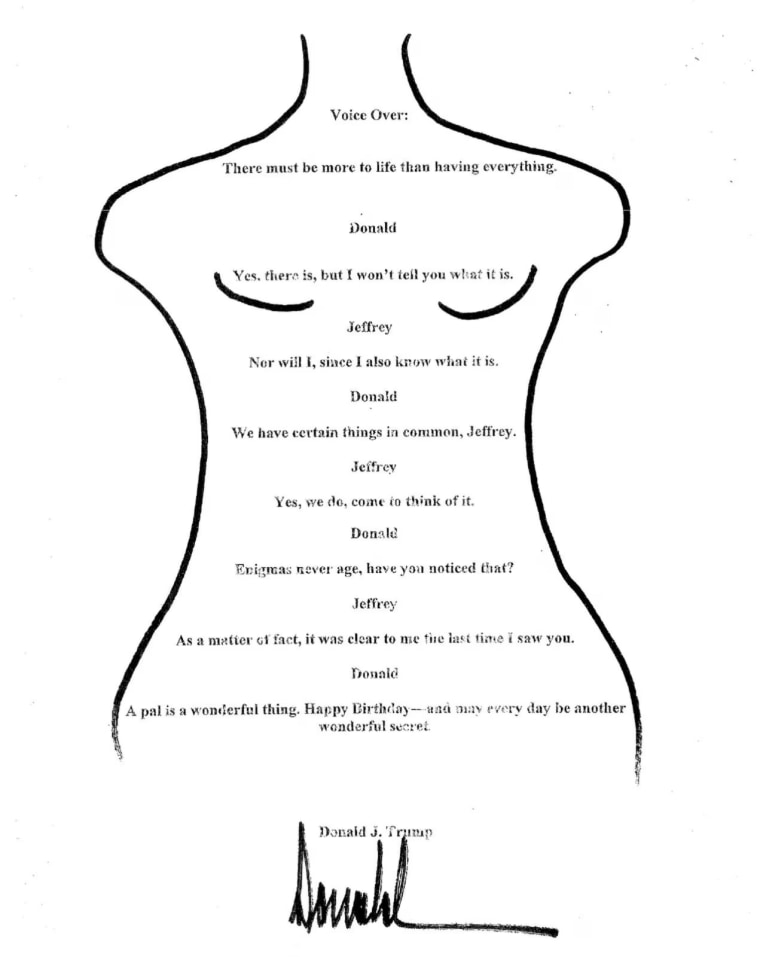

There’s a line around the block of like-minded bigots who are falling over themselves to take his job.
One big reason why I suspect the killer was a Nick Fuentes influenced Groyper. The fact that Nick was front row center and immediately posted the kill-shot as it happens only fuels my suspicions.








My city already has its fair share of Confederate generals and reactionary land barons littering our parks and museums. He would certainly fit in.